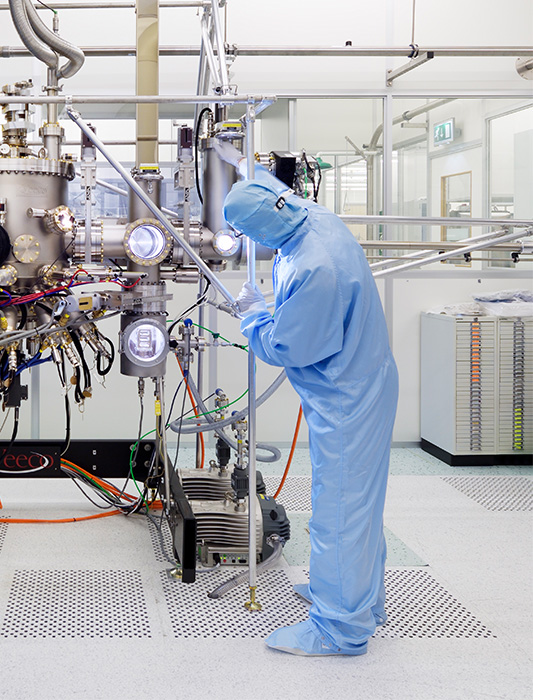New Origin, a photonic chips foundry which was spun out of the University of Twente’s MESA+ NanoLab, has secured €6 million in funding from PhotonDelta – a number of photonic chip technology organisations.
The capital will be used to create the Netherland’s first independent photonic chips foundry that produces silicon nitride chips.

The funding is part of the contribution that the Province of Overijssel has made available to PhotonDelta for a national photonics programme.
New Origin’s foundry will enable companies to produce their own photonic chips.
This overcomes a significant hurdle for the photonics industry by substantially reducing costs, while also increasing the availability of photonic chips.
PhotonDelta’s investment in New Origin is the latest step in the organisation’s goal to create a world leading photonics industry in the Netherlands.
Last year, PhotonDelta secured €1.1 billion in public and private investment to scale up production, build 200 startups, create new applications for photonic chips and develop infrastructure and talent.
So far, PhotonDelta has invested in companies including Scantinel Photonics, Smart Photonics, LioniX International, Quix Quantum and EFFECT Photonics. PhotonDelta has, along with a consortium of investors, invested €335 million into photonics companies in total.
New Origin believes the insights gained from the new foundry will open the door to the large scale production facilities which will be needed to meet future demand.
Professor Guus Rijnders, Scientific Director of MESA+, said: “We already have a strong cluster in the region, united in Chiptech Twente, which we can boost considerably this way. Many companies want to experiment with or integrate photonics into their products, however, this can be very difficult due to the cost and complexity of producing chips. Our foundry will significantly lower the bar to entry, facilitating more innovation and help the European photonics industry to grow.”
Ewit Roos, CEO of PhotonDelta, said: “New Origin’s foundry is going to play an important role in building Europe’s photonic chip industry. Not only will it help to meet existing demand for chips, it will also gather invaluable insights into how we can create large scale production facilities. This is a vital step in both making Europe less dependent on other regions for chip technology and unlocking the full potential of integrated photonics.”
